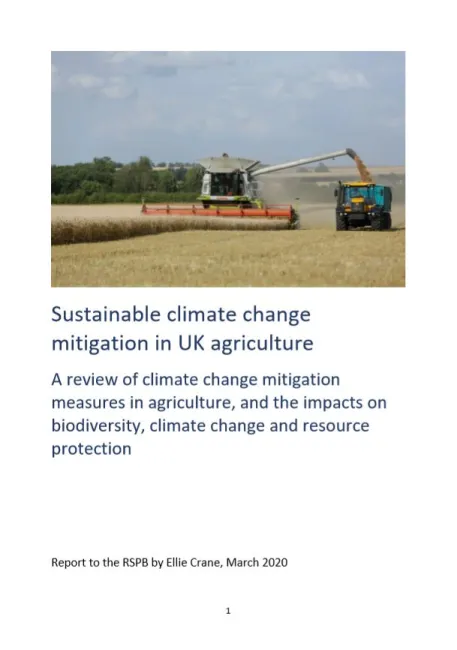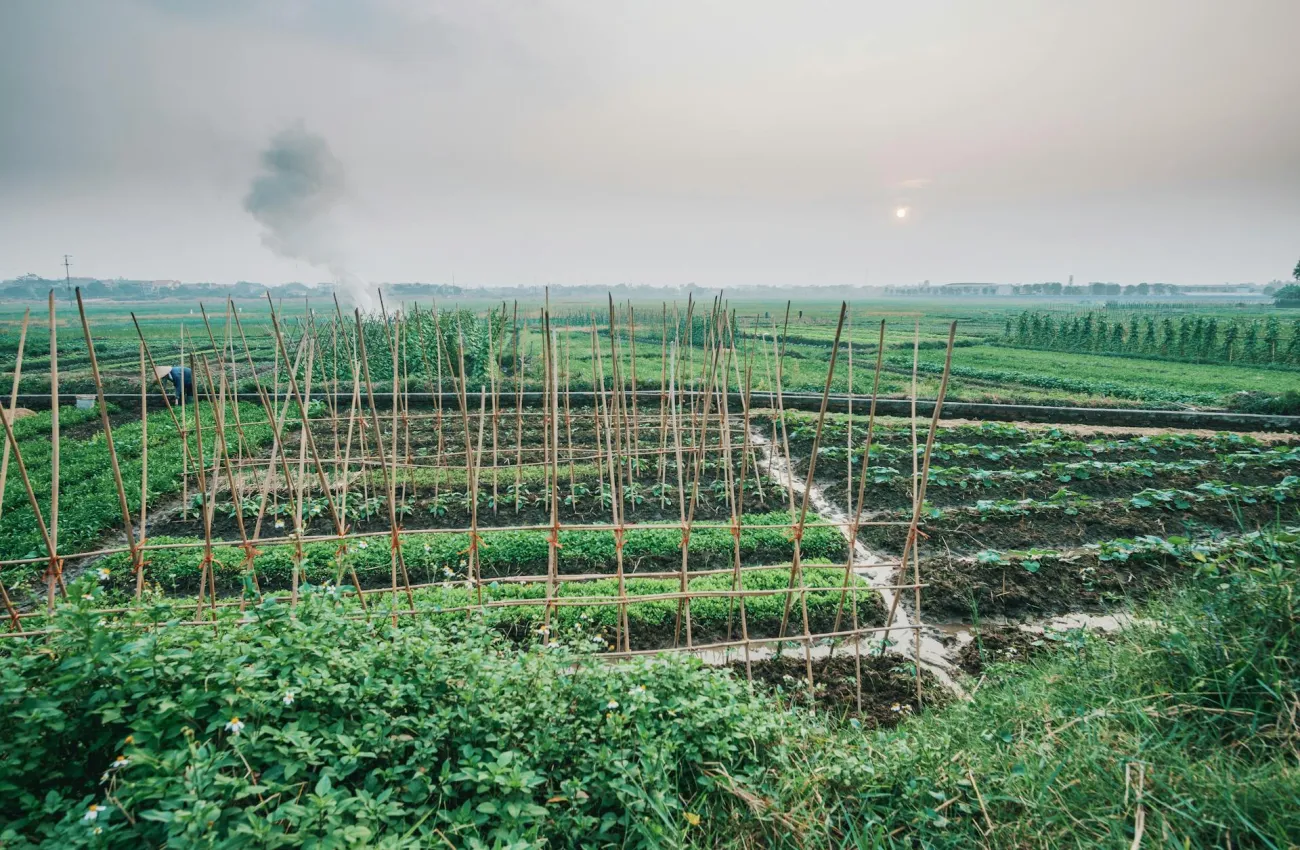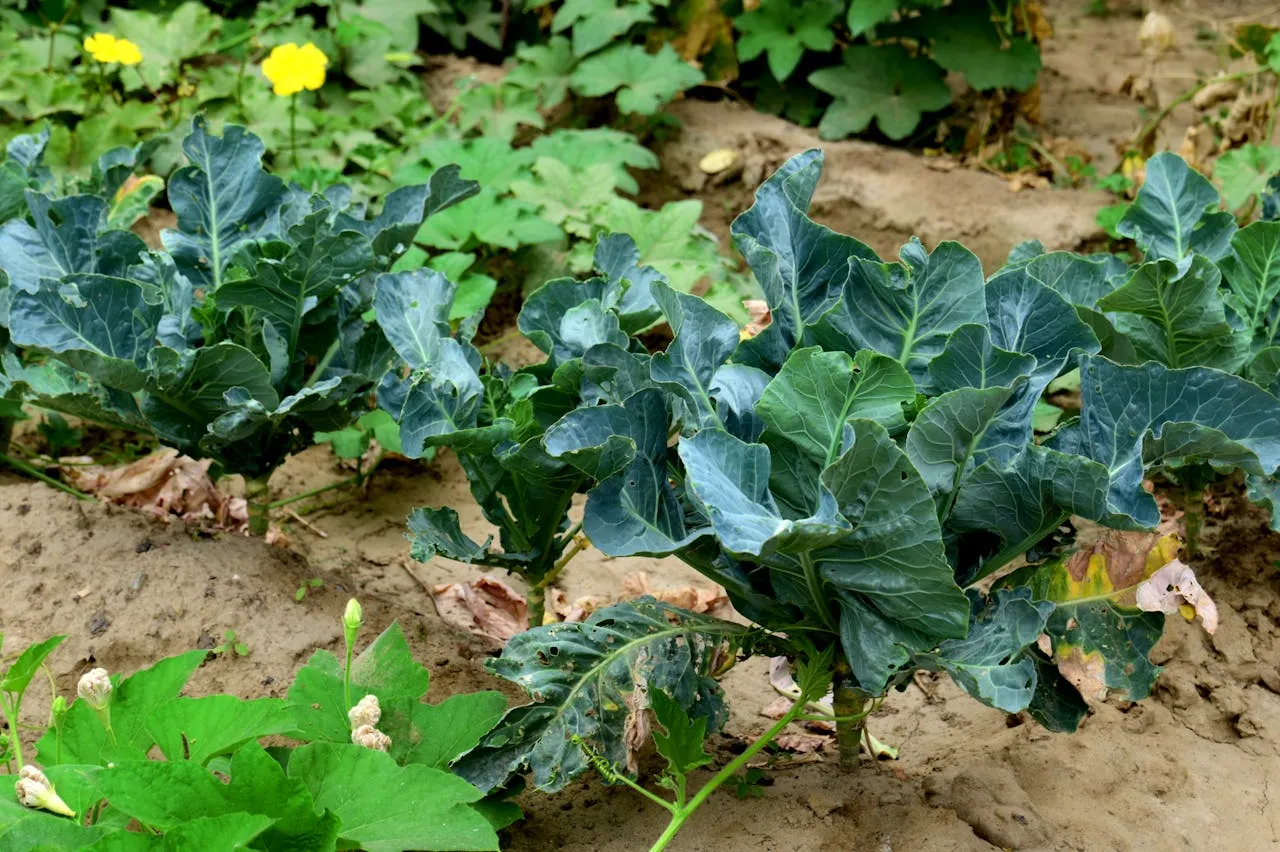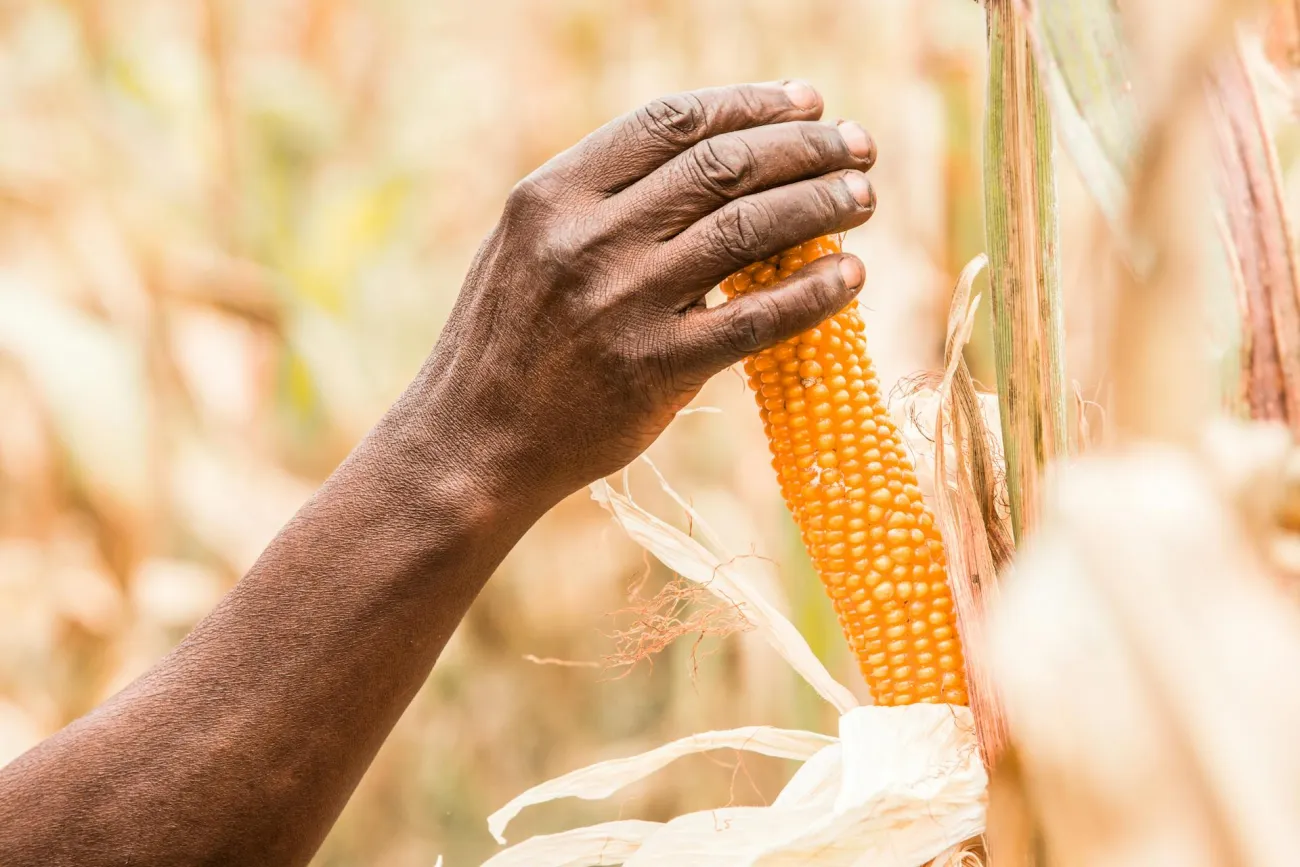This report, commissioned by the UK charity Royal Society for the Protection of Birds, assesses a selection of measures for reducing greenhouse gas emissions from agriculture. It looks at their potential impacts on biodiversity, climate and resource protection to identify which solutions offer synergy between climate and nature, and where there is a risk of conflict.

The colour-coded figure below summarises the impacts of the interventions that were assessed. The interventions that have good greenhouse gas mitigation potential along with potential benefits to resource protection and biodiversity are coded in dark green (Rank 1 in the right-hand column). These top-ranked interventions are:
- Peatland restoration and management
- Conserve/restore grassland and heathland
- Conserve/restore coastal habitats
 Image: Table 2, RSPB (2020). Summary of mitigation measures. M = mitigation potential score from - - (significantly increases net emissions) to ++ (very high mitigation potential). RP = resource protection score from - - (very harmful) to ++ (very beneficial). B = biodiversity impact score from - - (very harmful) to ++ (very beneficial) 0 means effects appear to be neutral. ? means that there is insufficient evidence to assess the measure. +/- etc means that effects will vary depending on how the measure is applied.
Image: Table 2, RSPB (2020). Summary of mitigation measures. M = mitigation potential score from - - (significantly increases net emissions) to ++ (very high mitigation potential). RP = resource protection score from - - (very harmful) to ++ (very beneficial). B = biodiversity impact score from - - (very harmful) to ++ (very beneficial) 0 means effects appear to be neutral. ? means that there is insufficient evidence to assess the measure. +/- etc means that effects will vary depending on how the measure is applied.
Other interventions with broadly positive impacts (Rank 2) include: forest and woodland creation; organic and mixed farming; agroforestry; reduced livestock density; spring cropping and cover crops; and legumes in rotation.
The report calls for:
- Advice and support for all farmers to transition to low carbon practices highlighted, especially for smaller and more marginal businesses
- Rewarding farmers financially for delivering nature-based climate solutions, including peat and coastal habitat restoration
- Strong environmental baselines and regulation in law so nature- and climate-friendly farmers are not undermined
- Long-term funding and certainty so farmers can confidently invest in low carbon practices
- Banning the extraction and burning of peat with incentives to restore all upland peat habitats.
The scope of this report does not include assessing financial implications for farmers or the wider economy, or how likely it is that each intervention will be used.
Read the full report, Sustainable climate change mitigation in UK agriculture: A review of climate change mitigation measures in agriculture, and the impacts on biodiversity, climate change and resource protection, here. See also the Foodsource chapter How can we reduce food-related greenhouse gas emissions?




Comments (0)